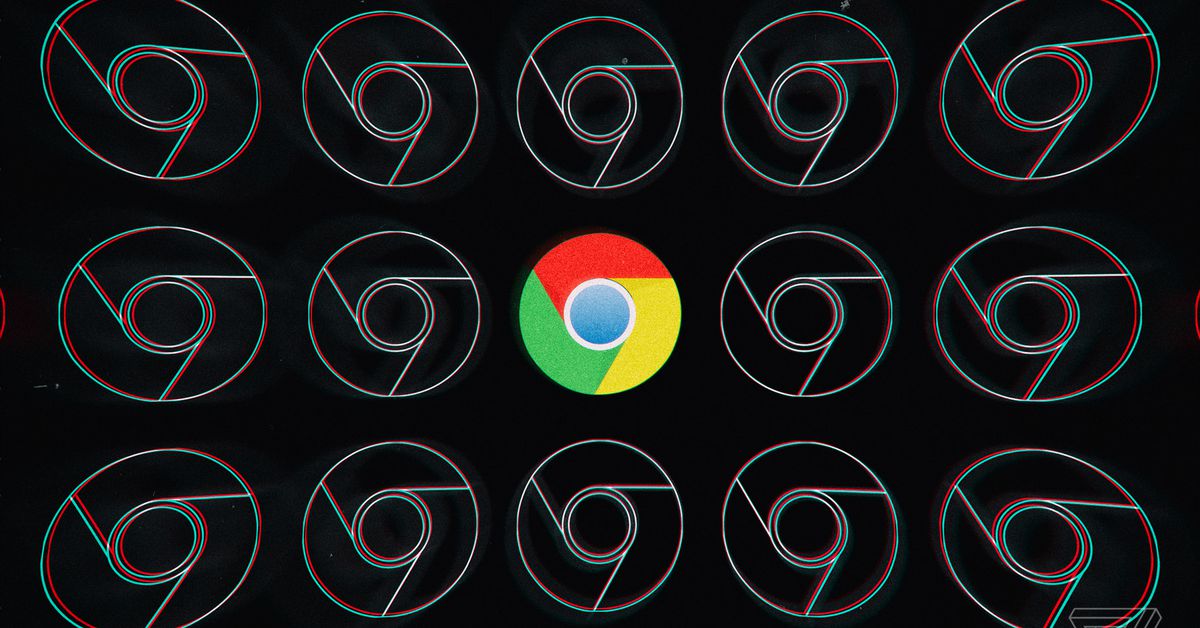
Google is announcing today that it is delaying its plans to phase out third-party cookies in the Chrome browser until 2023, a year or so later than originally planned. Other browsers like Safari and Firefox have already implemented some blocking against third-party tracking cookies, but Chrome is the most-used desktop browser, and so its shift will be more consequential for the ad industry. That’s why the term “cookiepocalypse” has taken hold.
In the blog post announcing the delay, Google says that decision to phase out cookies over a “three month period” in mid-2023 is “subject to our engagement with the United Kingdom’s Competition and Markets Authority (CMA).” In other words, it is pinning part of the delay on its need to work more closely with regulators to come up with new technologies to replace third-party cookies for use in advertising.
Few will shed tears for Google, but it has found itself in a very difficult place as the sole company that dominates multiple industries: search, ads, and browsers. The more Google cuts off third-party tracking, the more it harms other advertising companies and potentially increases its own dominance in the ad space. The less Google cuts off tracking, the more likely it is to come under fire for not protecting user privacy. And no matter what it does, it will come under heavy fire from regulators, privacy advocates, advertisers, publishers, and anybody else with any kind of stake in the web.
Finding a way to balance those conflicting incentives has proven difficult to say the least. One reason is that, as a steward of the open web, Google is attempting to develop its new privacy technologies out in the open via the usual process of creating web standards. It has bundled several efforts under the rubric of a “Privacy Sandbox,” a catch-all term for a bunch of different new proposals for Chrome and the web.
The most contentious of those proposals has been the “Federated Learning of Cohorts” technology, or FLoC. It is a very complicated attempt to create groups of demographically similar users in a semi-anonymous decentralized system that advertisers could use to target ads. However, not a single other browser vendor has signaled that it is on board with using FLoC, and several have explicitly said they would block it. The best response Google has really gotten is this analysis from Mozilla that identifies some problems in a way that doesn’t completely slam the door on future Firefox adoption.
Google is pointing to a “rigorous, multi-phased public development process, including extensive discussion and testing periods” for FLoC and other proposals, a fairly obvious signal that it will end up changing or replacing FLoC. “We plan to conclude this origin trial in the coming weeks and incorporate input, before advancing to further ecosystem testing,” Google says.
The company is promising a “more detailed schedule” will be posted on its Privacy Sandbox website. But in the meantime, here’s its current schedule — complete with a note that this revised timeline will need to be approved by regulators:
Article From & Read More ( Google Chrome third-party cookies block delayed until 2023 - The Verge )After this public development process, and subject to our engagement with the CMA, our plan for Chrome is to phase out support for third party cookies in two stages:
Stage 1 (Starting late-2022): Once testing is complete and APIs are launched in Chrome, we will announce the start of stage 1. During stage 1, publishers and the advertising industry will have time to migrate their services. We expect this stage to last for nine months, and we will monitor adoption and feedback carefully before moving to stage 2.
Stage 2 (Starting mid-2023): Chrome will phase out support for third-party cookies over a three month period finishing in late 2023.
https://ift.tt/3A56ELM
Technology
Bagikan Berita Ini














0 Response to "Google Chrome third-party cookies block delayed until 2023 - The Verge"
Post a Comment